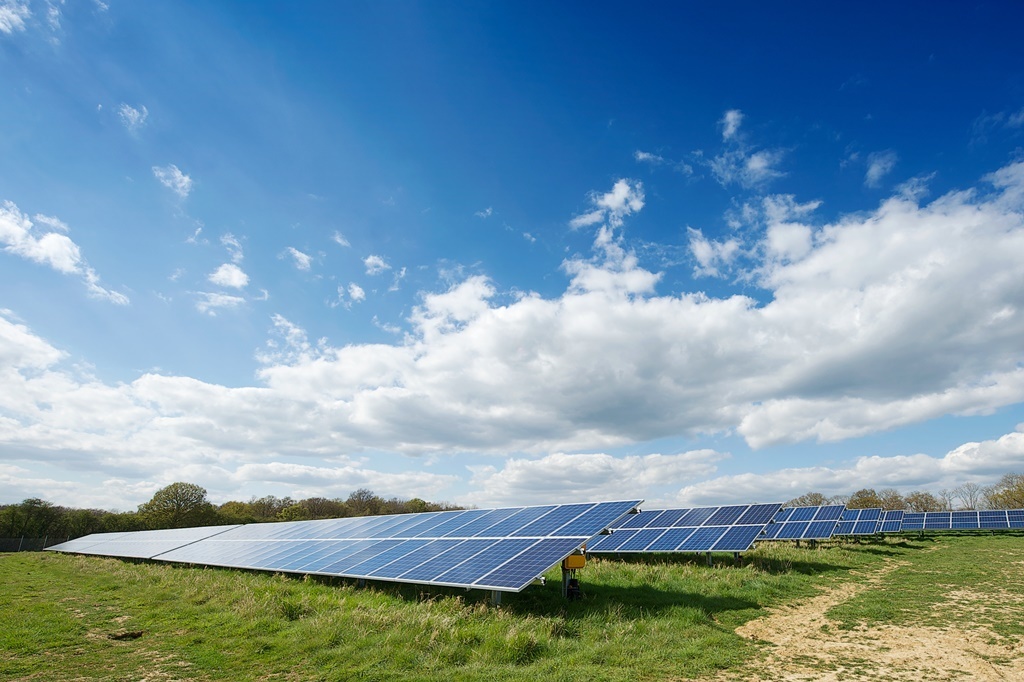
The launch of a new battery for homes that can store solar power for use in the evenings is “another nail in the coffin of conventional utilities”, it has been claimed.
Tesla announced it was launching the wall-mounted lithium ion rechargeable storage units, based on the batteries used in the company’s electric vehicles, at an event in California.
Chief executive Elon Musk said: “Our goal here is to fundamentally change the way the world uses energy”, as he launched the new “powerwall” batteries, which are little bigger than a conventional boiler.
The technology will cost between 3,000 and 3,500 US dollars (£2,000 – £2,300) and will start shipping in the US in the summer.
It is being marketed as a home battery which charges using electricity from solar panels or when energy prices are low, and powers the home in the evening as well protecting against power cuts.
It “offers independence from the utility grid and the security of an emergency backup”, the company said on its website.
A number of companies are trying to develop energy storage systems which will be able to store the power generated by intermittent renewables such as solar, to allow widespread use of clean energy while ensuring reliable supplies.
In the UK, green power company Ecotricity is launching a pilot later this year in 100 homes for its “black box” energy storage system, while Moixa Technology has received funding from the Department of Energy and Climate Change for its battery-based units for people’s homes.
Catherine Mitchell, professor of energy policy at the University of Exeter: “The potential for competitive energy storage, whether household or utility scale, is another nail in the coffin of conventional utilities.
“Those countries, like Denmark and Germany, with a reasonable proportion of variable power such as wind or solar have seen fossil fuels being displaced from the electricity market and have seen peak energy prices fall, leading to falling profits and share prices of conventional utilities like E.ON, RWE, Vattenfall and ENEL.
“Storage offers the ability to extend both the displacement of fossil fuels and reduction of prices beyond peaks – making it even worse for companies whose business models are based on fossil fuels and peak pricing profits.”
Ecotricity said its “Black Box” was a smart energy storage device for the home which could be tucked away under the stairs or in the utility room, and would store electricity when demand on the grid is low – for example, on a windy night – and release it when demand is high.
The company said every home in the UK could benefit from a Black Box, though it would be particularly useful for homes with small-scale power generation such as solar panels or small wind turbines.
Ecotricity founder Dale Vince said: “To get to a future where we are powered by renewable energy we need to develop a smart grid, and storing energy is an important part of that.
“Often people talk about this needing to be done at a grid scale, but at Ecotricity we want to do this at a household scale, with a device we call the Black Box, which we’ve been working on for about three years now.
“We did some extensive modelling of the UK grid to come up with this concept of a device that takes houses on and off the grid at different times of the day to avoid the peaks – it’s really like taking cars off the road in the rush-hour.
“This reduces the need for power stations on stand-by to hit those peaks of demand.”
He said that if every home had the technology, it would save 15% of power station capacity.
Another clean energy supplier, Good Energy, has partnered with Moixa Technology to develop an innovative trial project involving energy efficiency and home battery storage.
Good Energy’s head of innovation, Will Vooght, said: “Home storage batteries are a big piece of the puzzle, making it possible to store the energy from sunlight and wind for use when it isn’t being generated. It is a very exciting prospect.”
Recommended for you
